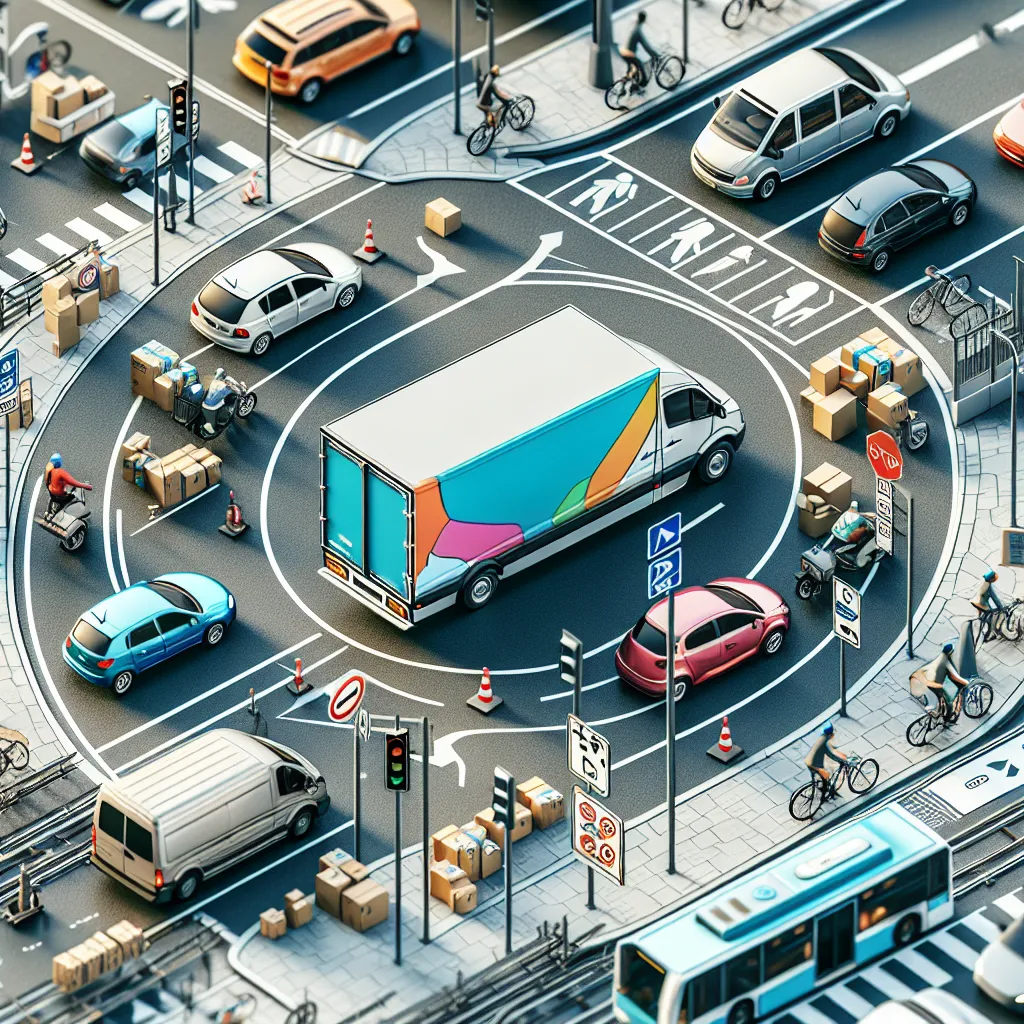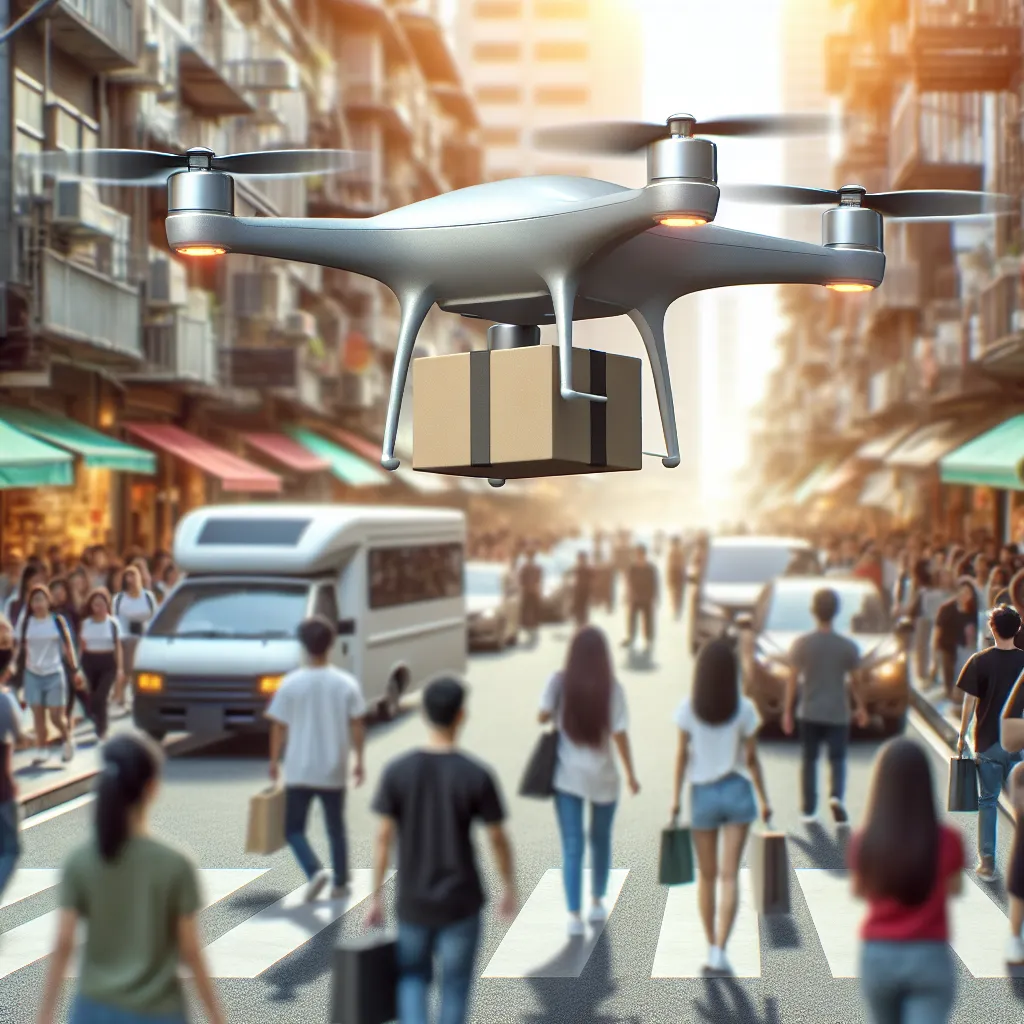Implementing Technology Solutions for Last-Mile Delivery Optimization
Implementing technology solutions for last-mile delivery optimization is crucial for improving efficiency in logistics. With the increasing demand for quick and reliable delivery services, companies are turning to advanced technologies to streamline their last-mile operations.
One of the key technology solutions being utilized is route optimization software. This software takes into account various factors such as traffic patterns, delivery windows, and vehicle capacities to plan the most efficient delivery routes. By minimizing travel time and fuel consumption, companies can reduce costs and improve their overall delivery performance.
Another important technology solution is real-time tracking and visibility tools. These tools provide both the company and the customers with real-time updates on the location and estimated time of arrival of the delivery. This transparency not only helps in building customer trust but also allows companies to proactively address any potential issues that may arise during the delivery process.
In addition to route optimization and real-time tracking, companies are also investing in automation technologies such as autonomous vehicles and drones for last-mile deliveries. These technologies have the potential to significantly reduce delivery times and labor costs while improving the overall efficiency of the delivery process.
Overall, implementing technology solutions for last-mile delivery optimization is essential for meeting the growing demands of e-commerce and ensuring a seamless and efficient delivery experience for both businesses and consumers.
Leveraging Data Analytics for Enhanced Last-Mile Logistics Efficiency
Leveraging Data Analytics for Enhanced Last-Mile Logistics Efficiency
Improving last-mile delivery logistics has become a critical focus for companies seeking to enhance their operational efficiency and customer satisfaction. One of the key strategies for achieving this goal is leveraging data analytics to streamline last-mile logistics processes.
Data analytics offers valuable insights into various aspects of last-mile delivery, including route optimization, delivery time predictions, and demand forecasting. By analyzing historical delivery data, companies can identify patterns and trends to optimize delivery routes, minimize delays, and reduce fuel consumption. This not only improves efficiency but also lowers operational costs and environmental impact.
Furthermore, data analytics enable companies to enhance customer experience by providing real-time visibility into delivery status and estimated arrival times. This level of transparency not only improves customer satisfaction but also allows for proactive communication in case of any potential delays or issues.
Additionally, data analytics can be leveraged to optimize vehicle load capacities, delivery scheduling, and resource allocation, leading to more efficient use of assets and personnel. By utilizing advanced analytics tools and technologies, companies can make data-driven decisions to improve overall operational efficiency in the last-mile delivery process.
In conclusion, leveraging data analytics is a powerful strategy for enhancing last-mile logistics efficiency. By harnessing the power of data, companies can optimize delivery routes, improve customer experience, and make informed decisions that lead to a more efficient and cost-effective last-mile delivery operation.
Sustainable Practices in Last-Mile Delivery Operations
In recent years, the focus on sustainable practices in last-mile delivery operations has become increasingly important. As e-commerce and online shopping continue to rise, the environmental impact of the transportation and logistics involved in the last leg of delivery has come under scrutiny. Companies are now seeking innovative ways to improve efficiency while reducing their carbon footprint.
One approach to achieving sustainable last-mile logistics is through the use of alternative fuel vehicles such as electric vans and bikes. These vehicles produce lower emissions and are well-suited to the stop-and-go nature of urban deliveries. Additionally, route optimization and load consolidation can help in reducing the number of vehicles on the road, consequently cutting down on fuel consumption and emissions.
Integrating technology such as machine learning algorithms and real-time tracking systems can also contribute to sustainable last-mile delivery. These tools enable companies to analyze data and make informed decisions to minimize empty miles and reduce delivery times, thereby saving fuel and lowering emissions.
Furthermore, the implementation of sustainable packaging materials and practices is crucial in last-mile delivery. Utilizing recyclable and biodegradable packaging not only reduces environmental impact but also aligns with the growing eco-conscious consumer mindset.
In conclusion, sustainable practices in last-mile delivery operations not only benefit the environment but can also lead to cost savings and improved customer satisfaction. By embracing alternative fuel vehicles, leveraging technology, and adopting eco-friendly packaging, companies can make significant strides towards creating a more sustainable and efficient last-mile logistics network.




